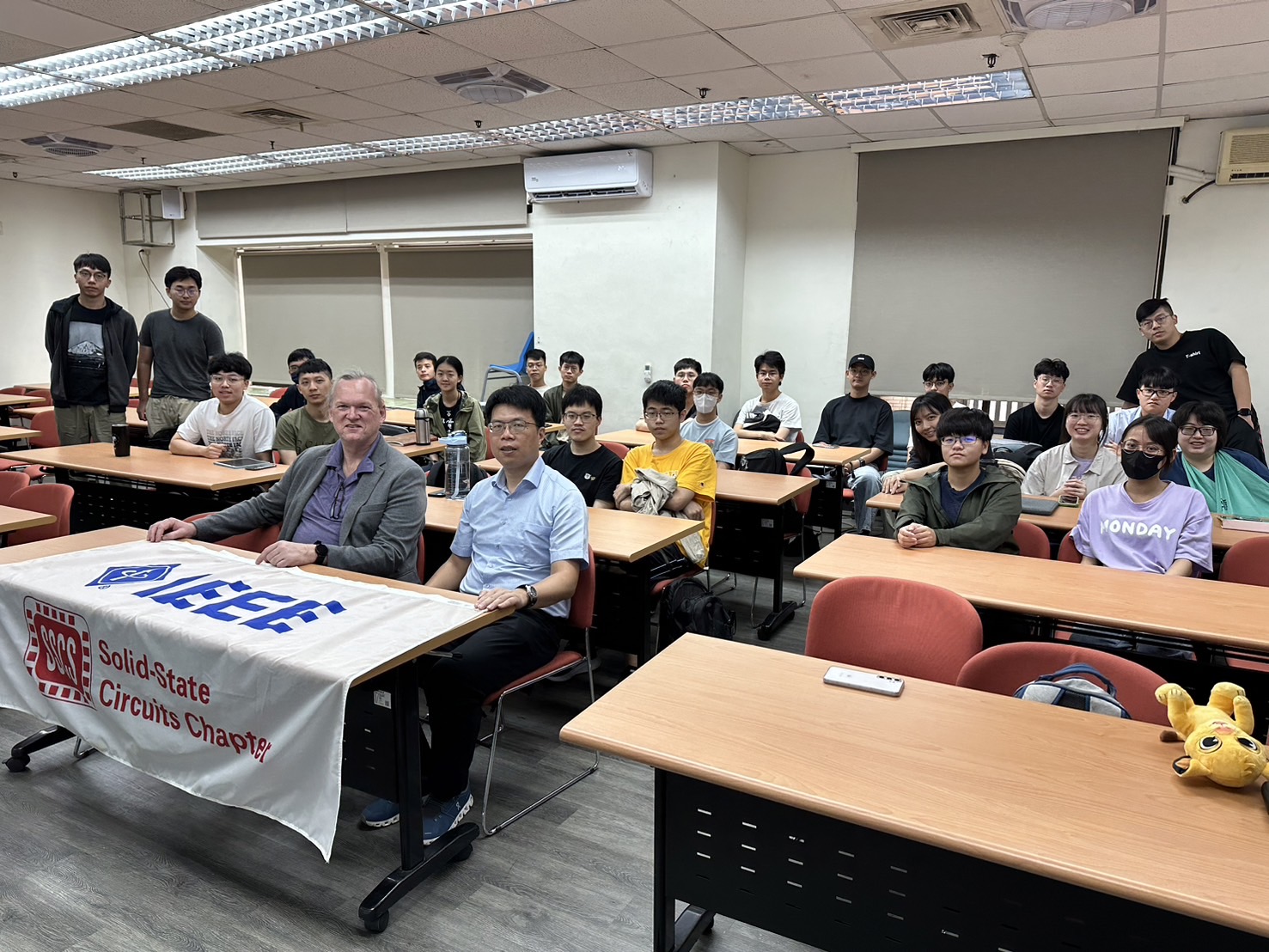【Abstract】
Since the advent of investigation into CMOS RF circuits, the power amplifier (PA) has attracted perhaps the most investigative attention of any single block component. Exploration in both linear and switching CMOS PAs dates to the late 1990s. It is noted that the properties that are desirable for realization of a linear PA (e.g., high-gm, high output resistance, high operation voltage) have been traded off for properties that are more advantageous for switching PAs (e.g., low-on resistance, high on-to-off ratio, low device parasitic capacitance, fast turn-on/turn-off time). Hence, many designers turned their focus to designing switching PAs; the caveat is that switching amplifiers require linearization circuits when they are used to amplify non-constant envelope modulation.
In this talk, general concepts of CMOS linear and switching amplifiers will be introduced and discussed, including some of the general tradeoffs that are associated with each topology. Next, a focus will be made to linearization of a switching amplifier using both analog and digital techniques, including supply-modulation, pulse-width modulation and outphasing. Examples of each of the techniques will be presented. Finally, the concept of “digital” power amplifiers will be introduced and compared directly to linear PA counterparts. Noting that a DPA is actually a full transceiver front-end, including frequency translation, data conversion and front-end amplification, several examples of DPAs and their implementations will be presented, with an eye toward future deployment in more complex transceiver systems.
【Biography】
Jeff Walling received his BS from University of South Florida and his MS and PhD from University of Washington, all in Electrical Engineering. He has held industrial positions at Motorola, Intel, Qualcomm and Skyworks. His research has primarily focused on circuits for wireless communications and sensing. From 2012 to 2019, he was an assistant, then associate professor at University of Utah. Then he was head of RF transceivers at Tyndall National Institute in Cork, Ireland. Since 2021, he is an associate professor at Virginia Tech. He has served as an associate editor for TCAS-II, TCAS-I and JSSC, and on the technical program committees of the IEEE RFIC, ISSCC and NEWCAS conferences. He is a senior member of the IEEE and has more than 80 papers in peer reviewed conferences and journals.
